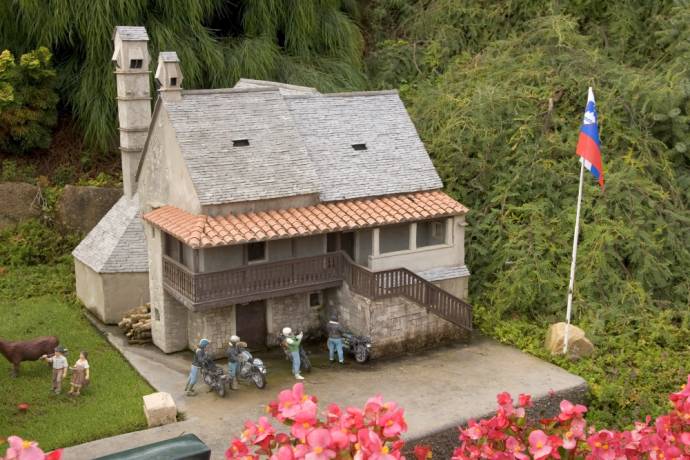January 25, 2018
The STA reports January 25, 2018, that the National Assembly has passed changes to the real estate recording act aimed at improving the system of real estate recording and record keeping ahead of the new mass property valuation.
The new act on mass property valuation that entered into force on 11 January introduces a new system of valuation of real estate.
Under existing legislation, the registered value of real estate must be adjusted when the value of real estate in specific areas change by more than 10%, but under the new law, the registered value of real estate will not change with the changed market value. Instead, the appraisal model will be evaluated every two years.
The aim of the changes to real estate recording act is to do away with inconsistencies and errors in all official records on land, buildings and parts of buildings, Irena Majcen, the minister in charge of spatial planning, told MPs today.
The changes concerning Land Register include clearer rules on record keeping and on updating data on the actual land usage. A new mapping and surveying service will be introduced to improve the information on individual locations.
For the Cadastre of Buildings, rules will change on entering data on owners of parts of buildings. From now on, the same rules will apply as for entering data into the Land Register.
Dividing a building into several parts will be somewhat restricted. Housing units built in 2003 or later will be able to be divided only if they have a construction permit for a multi-apartment building.
The changes also bring clearer rules on keeping records on real estate, which entails informing owners of any changes and expanding the powers of land survey inspector.
Majcen said the changes were an important step towards a comprehensive overhaul of the real estate registry legislation. A new bill on real estate register is to merge the current three registers - the Land Register, Cadastre of Buildings and real estate registry - into a single real estate cadastre.
The coalition backed the changes today, while the opposition said the government had once again offered a partial instead of a comprehensive solution.
MPs of New Slovenia (NSi) expressed doubt that the records would be precise enough for the calculations of future levies and called for a law on illegal buildings following Croatia's example.
The Democrats (SDS) said parts of the law may be unconstitutional, while the Left and unaffiliated MPs called for a new housing policy and a new tax system.
The changes were passed in a 41:21 vote.







